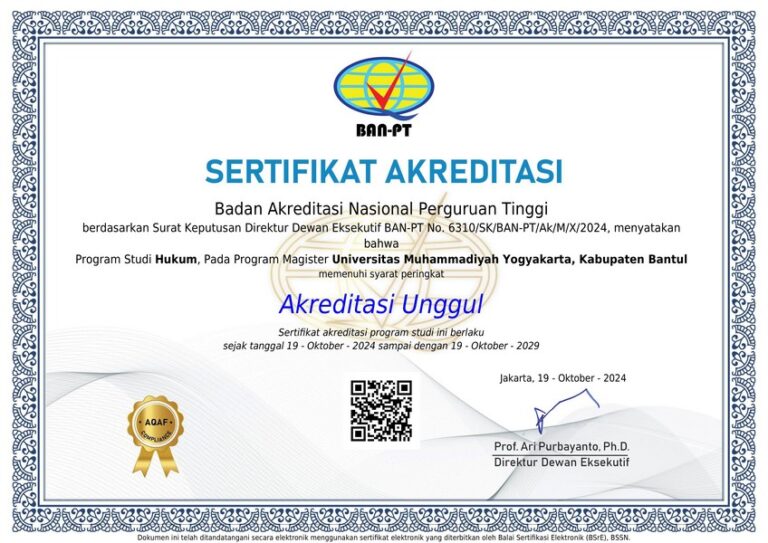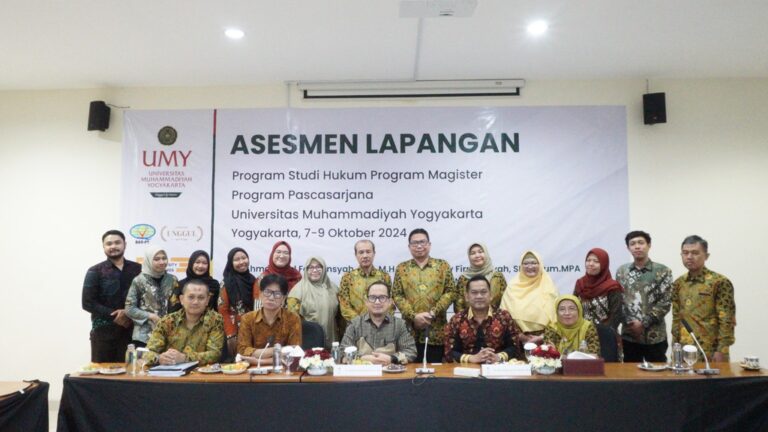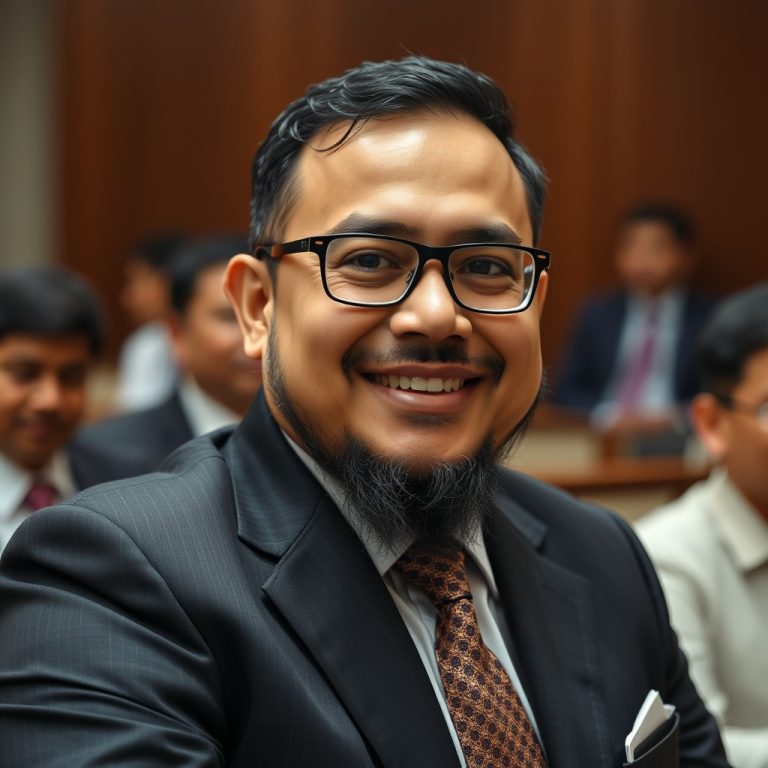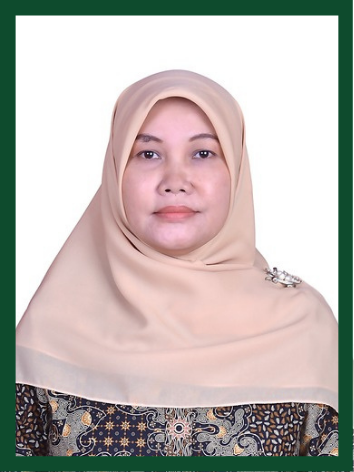Building a Society Through Justice
Why study at MH UMY?

Career Opportunities
Legal Practitioner
Judges, prosecutors, advocates, notaries, legal consultants, legal officers, legal drafters, legal auditors, and legal advisors who are able to master practical legal knowledge to solve problems based on legal procedures and are able to adapt to the situation they face by prioritizing Sharia principles.
Academician
Lecturers and researchers who are able to master the theoretical concepts of law in general and are able to analyze and formulate solutions to procedural problems by prioritizing Sharia principles.
Academic
Concentrations
MIH UMY offers several concentrations as follows:
Islamic Economic and Business Law
Students are expected to be able to resolve economic disputes in accordance with Islamic law without causing harm.
Natural Resources and Development Law
Students are expected to master the concepts, values, principles, and theories to create sustainable and beneficial development.
Criminal Law and Criminal Justice System
Students are expected to be able to prevent, manage, and resolve criminal acts in accordance with applicable criminal law.
State Law
Students are expected to be able to complete and draft legislation that can provide benefits.
Lecture Method
The lecture system employed is semester-based, with 14 to 16 face-to-face lectures per semester for each course. One credit hour (SKS) is equivalent to 50 minutes.
Lecture Implementation
The program offered is a weekend program (Friday and Saturday). Weekend programs are more popular as most students are already working, but the number of face-to-face meetings remains the same.
To conduct education, research, and community service in order to support the development of Master of Laws graduates who possess superior intellect and morals, and who can apply their knowledge in upholding truth, justice, and honesty in accordance with Islamic values.
- To equip students with the ability to solve legal problems through research and development based on scientific principles.
- To prepare students to have professional competence in applying, developing, upholding, and disseminating legal knowledge, and to strive for its use in improving the quality of life for society.
- To prepare students to become members of society with academic abilities in applying, developing, and disseminating legal knowledge.
- To develop high-quality and experienced educational personnel in their respective fields, enabling them to conduct teaching and learning processes that meet national and international standards.
- To internalize Islamic values in both academic and non-academic activities.



